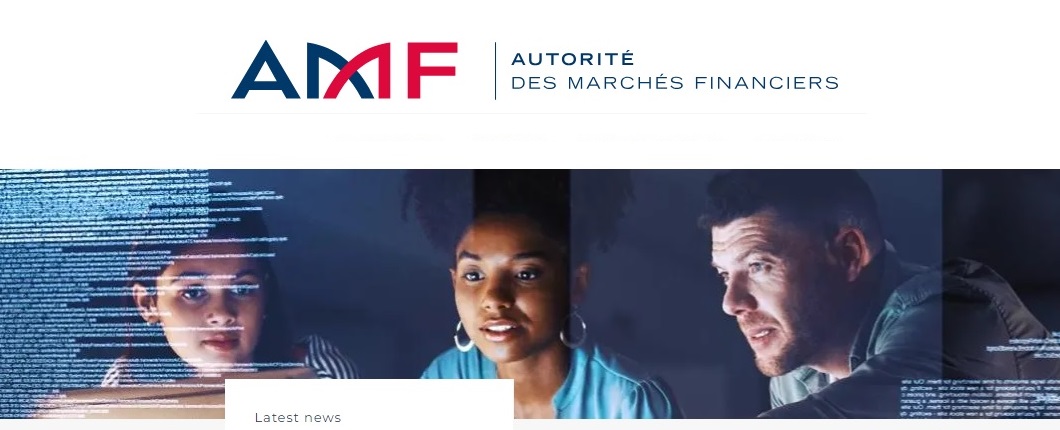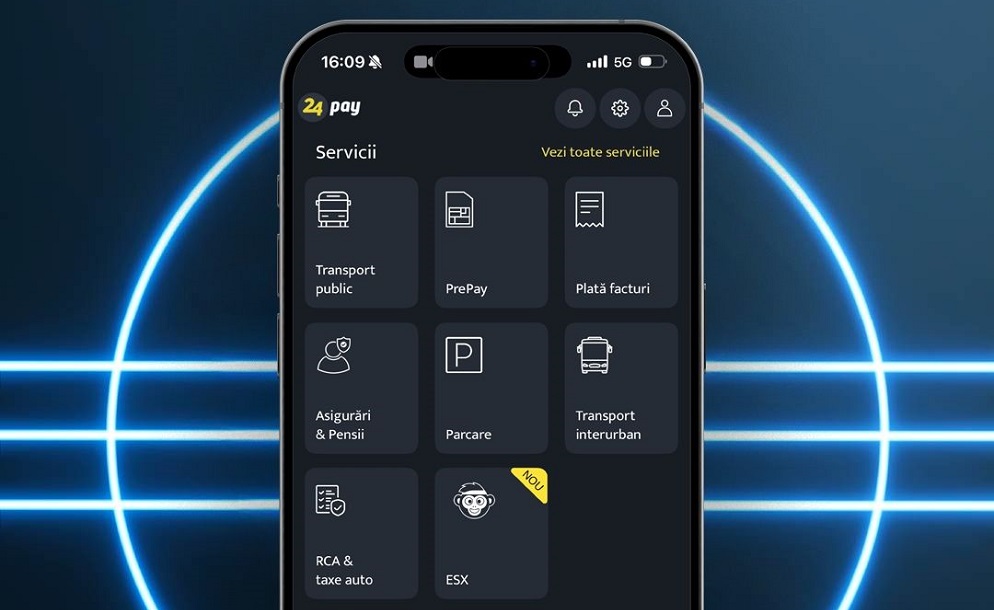France starts issuing crypto-asset service provider (CASP) licenses

With six months to go until entry into application of the provisions on crypto-asset services under the European MiCA Regulation, the Autorité des Marchés Financiers (AMF) has now begun to accept applications for authorisation to become a crypto-asset service provider from 1 July 2024, according to a press release.
Ten services subject to mandatory authorisation
From 30 December 2024, the European MiCA Regulation will require market participants wishing to offer crypto-asset services in the European Union to obtain prior authorisation.
The following ten services are covered by this obligation:
. providing custody and administration of crypto-assets on behalf of clients;
. operating a crypto-asset trading platform for crypto-assets;
. exchanging crypto-assets for funds;
. exchanging crypto-assets for other crypto-assets;
. executing crypto-asset orders on behalf of clients;
. placing of crypto-assets;
. receiving and transmitting orders for crypto-assets on behalf of clients;
. providing advice on crypto-assets;
. providing portfolio management on crypto-assets;
. providing transfer services for crypto-assets on behalf of clients.
In addition, service providers will have to comply with a set of common rules, such as requirements on anti-money laundering and countering terrorist financing, cyber security obligations, good repute and competence, conduct, governance, management of conflicts of interest, and, where applicable, requirements around custody of funds and segregation of assets. MiCA also imposes specific obligations depending on the type of services offered.
MiCA will replace the existing PACTE regime in France for market participants wishing to launch their business on or after 30 December 2024.
A transition period without a European passport
Providers already offering digital asset services in France on the basis of a ‘simple’ or ‘enhanced’ registration as a digital asset services provider (DASP), or of an optional DASP authorisation obtained under the PACTE Law, or providing services that are not currently subject to mandatory registration (such as Financial Investment Adivors (FIA) providing advice on crypto-assets, for example) will be able to benefit from a transition period. These providers will have until 30 June 2026 to obtain MiCA authorisation in order to continue providing their activities beyond 1 July 2026.
However, the AMF wishes to point out that ‘simple’ or ‘enhanced’ registration, or an optional authorisation do not allow to benefit from the European passport during the transition period. Therefore, it will not be possible for market participants who have obtained either of these to offer their services under the European passport regime until they have obtained MiCA authorisation. It is the responsibility of these providers to ensure the legality of their services in other Member States during this transition period.
Preparatory work is essential
The requirements set by the European legislators for MiCA authorisation are more stringent than those stipulated in the French legislation in relation to ‘enhanced’ DASP registration, and even more so as regards ‘simple’ DASP registration. The AMF therefore encourages interested parties to prepare as early as possible.
Dariusz Mazurkiewicz – CEO at BLIK Polish Payment Standard
Banking 4.0 – „how was the experience for you”
„To be honest I think that Sinaia, your conference, is much better then Davos.”
Many more interesting quotes in the video below:










